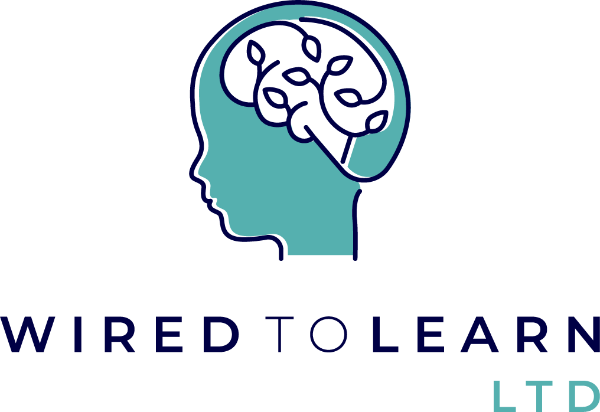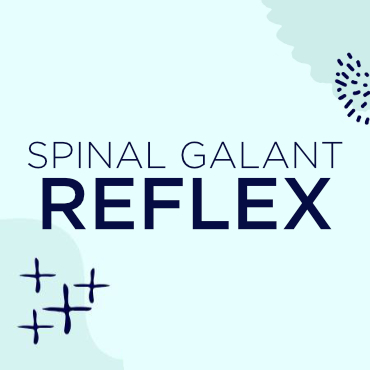
What are Primitive Reflexes?
They are a group of motor reflexes found in new-born babies. They develop in utero and are present at birth in a full-term, healthy baby. They are the first part of the brain to develop and should only remain active for the first few months of life. In typical development, these reflexes naturally inhibit in sequential order during the first year, and replacement reflexes, called postural reflexes, emerge. These postural reflexes control balance, coordination, and sensory motor development.
So what happens if the primitive reflexes are not inhibited? Retained primitive reflexes can lead to developmental delays related to disorders like ADHD, sensory processing disorder, autism, and learning disabilities. The persistence of primitive reflexes contributes to issues such as coordination, balance, sensory perceptions, fine motor skills, sleep, immunity, energy levels, impulse control, concentration, and all levels of social, emotional, and intellectual learning.
What causes primitive reflexes to be retained?
Retention of primitive reflexes can be caused by a variety of factors. The birth process is a key factor in the integration of these reflexes. Therefore, a traumatic birth experience or birth by c-section may lead to retained reflexes. Additional causes can include: falls, traumas, lack of tummy time, delayed or skipped creeping or crawling, chronic ear infections, head trauma etc.






